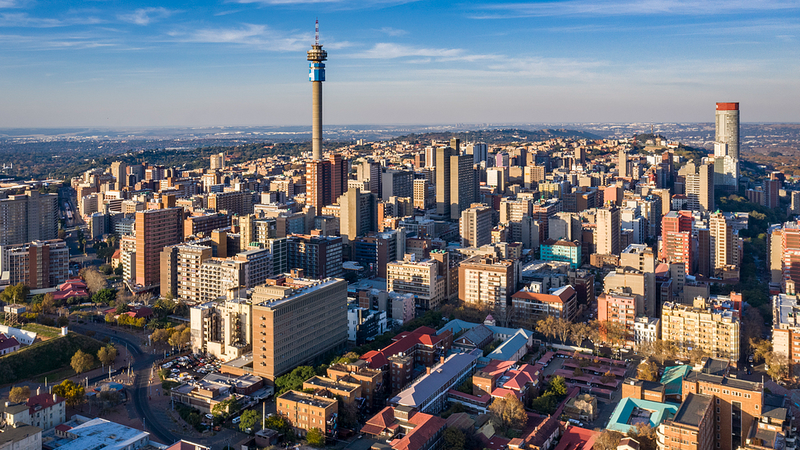Later this week, from November 22 to 23, world leaders will gather in Johannesburg for the 2025 G20 Summit, the first held on African soil. This landmark moment spotlights a rising force: the Global South.
African leaders are seizing this platform to push for major reforms in global finance and climate funding. Under South African President Cyril Ramaphosa's rotating presidency, the themes of "Solidarity, Equality, Sustainability" reflect the continent's call for a fairer economic playing field.
Last year, the African Union joined the G20 as a permanent member, amplifying Africa's collective voice. That shift signals a broader trend: emerging economies demanding a seat at the table and a bigger share of investment and climate capital.
At this turning point, China is playing a bridge-building role through its Global Development Initiative (GDI). As of 2025, the GDI has backed over 180 development projects in more than 60 countries, benefiting tens of millions of people, according to China's Ministry of Foreign Affairs. Meanwhile, China-Africa trade climbed to $295.6 billion in 2024—up 4.8% year-on-year—cementing China's status as Africa's largest trading partner for over a decade.
Beyond trade, Chinese companies are funding solar arrays, expanding telecom networks, and investing in local capacity building across the continent. As the summit approaches, China's efforts to align developed market resources with emerging economies' needs capture the optimism driving this G20: can promises turn into concrete progress?
Reference(s):
cgtn.com




